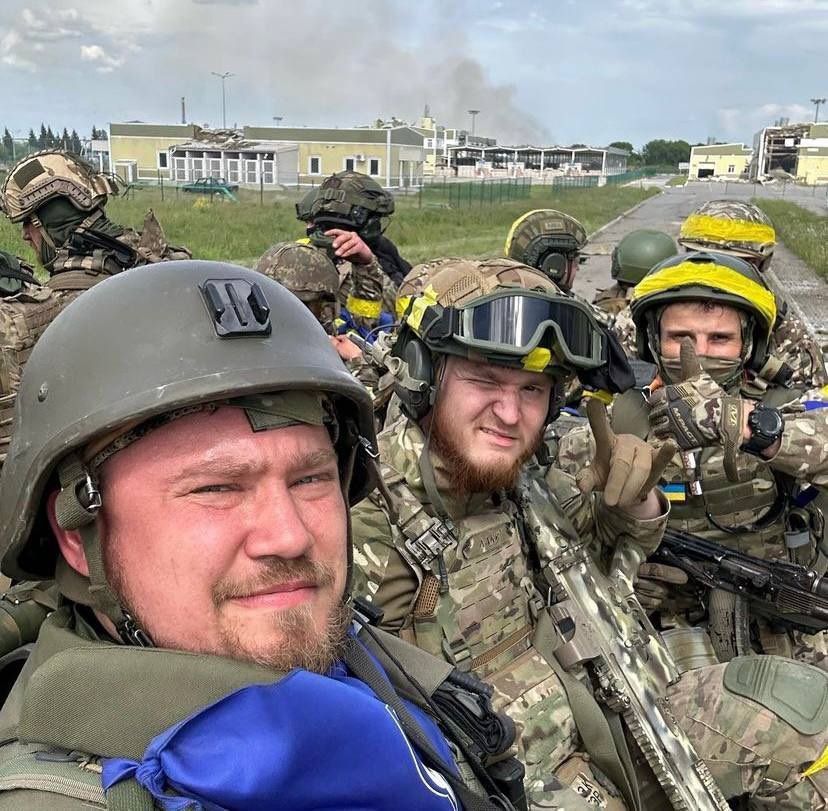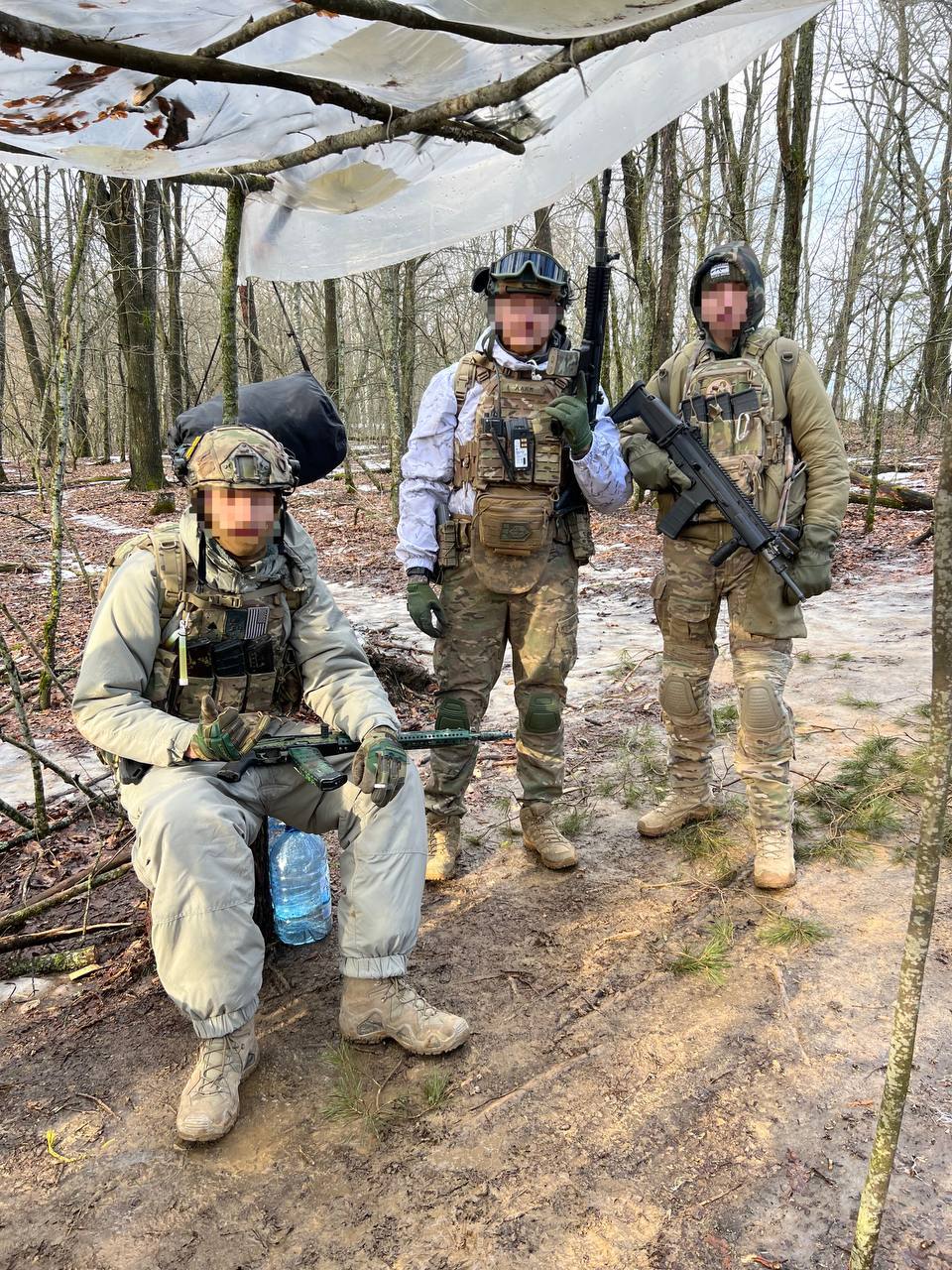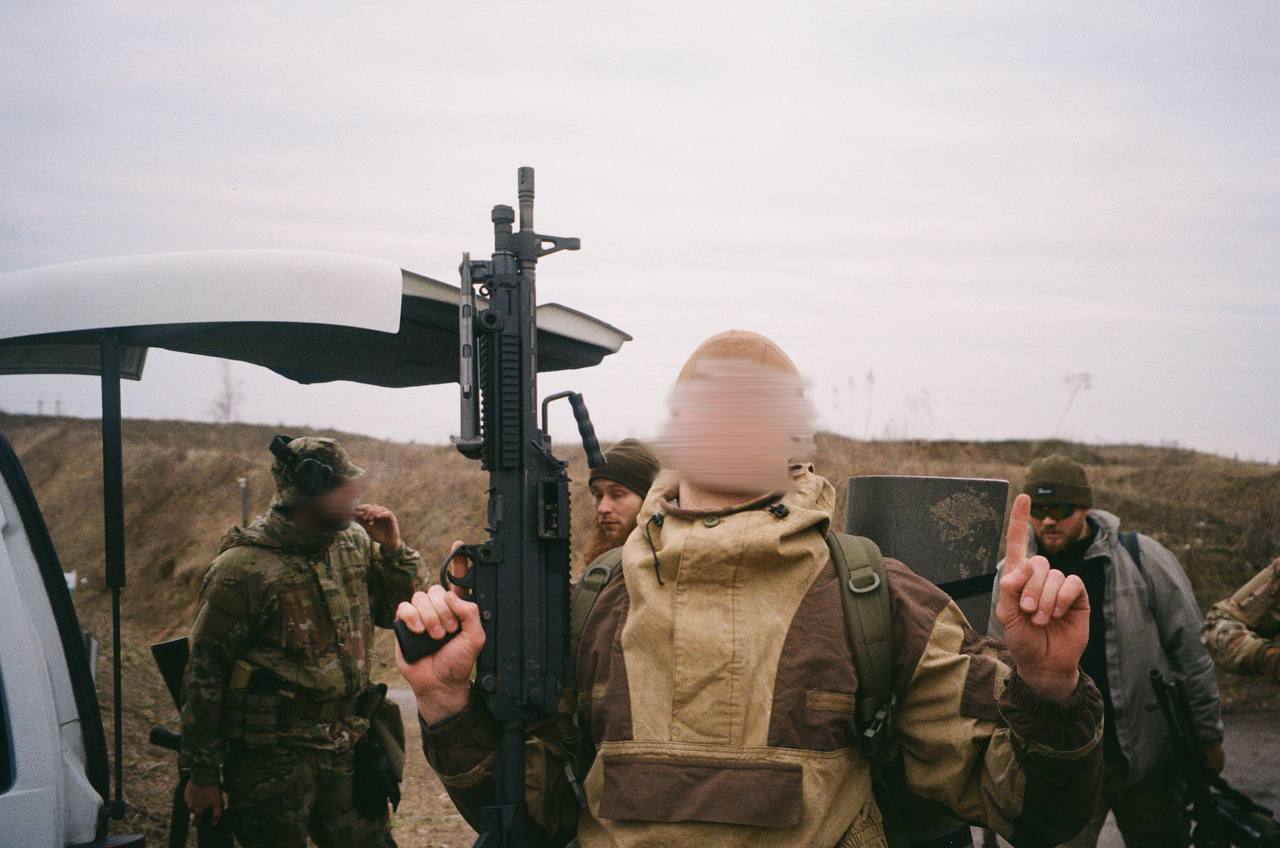The Belgian Ministry of Defence is seeking answers from the Ukrainian government about how Belgian weapons, manufactured by FN Herstal, ended up in the hands of anti-Putin militias.
A Washington Post investigation provided photographic evidence, supported by intelligence reports, to show that Belgian weaponry, including SCAR assault rifles, were used by members of the Russian Volunteer Corps (RDK) and Freedom of Russia Legion (LSR). Members of the RDK have been criticised for their neo-Nazi connections.
The two groups recently launched an offensive into Russia’s Belgorod region, surprising Russian forces and capturing around 40 kilometres squared of territory. The Russian anti-Putin groups claimed the operation to be a success, while Russian authorities denounce the militias as “Ukrainian terrorists.”
In an interview with The Brussels Times, Ilya Ponomarev, spokesperson for the Freedom of Russia Legion, claimed that the incursion into Russia was greenlit by Ukrainian authorities, but operated autonomously. Ukraine disputes this. Ponomarev says that all troops involved in the operation are ethnic Russians.
The Washington Post claims to have confirmed the use of Belgian, Czech, American, and Polish weaponry in the hands of the anti-Putin Russian fighters. During a press conference with journalists, members of the RDK denied using Western equipment. In a comment to Het Nieuwsblad, former Belgian Colonel Roger Housen said that he was confident that images relayed by the US newspaper showed Belgian equipment.
Belgian equipment in Russia
Central to the Washington Post investigation is the use of the Belgian SCAR assault rifle, typically used in the NATO arsenal. Belgium has donated around €332.9 million in civil and military aid to Ukraine since the start of the war, including sending stockpiles of modern Belgian weaponry.
Belgian Defence Minister Ludivine Dedonder and Foreign Affairs Minister Hadja Lahbib will demand explanations from their Ukrainian counterparts about how their weapons ended up in the hands of Russian militias.

Far-right RDK forces pictured with a Belgian SCAR assault rifle. Credit: RDK
“These deliveries are intended for the Ukrainian armed forces to protect their territory and their population against Russia’s invasion. It is expressly indicated in the documents accompanying each delivery… These weapons are therefore not authorised for isolated groups which have an internal Russian agenda,” the ministers announced.
Several thousand of the weapons have likely been transferred from Belgium to Ukraine since the start of the conflict. Western officials have raised concerns about how foreign equipment sent to Ukraine is accounted for, especially considering specific contracts for their use in the defence of Ukrainian territory.
In footage published by the LSR and RDK, militias can be seen using US and Polish MRAP vehicles, as well as other foreign heavy equipment. The WP investigation demonstrates how foreign equipment can quickly change hands during the conflict.
Related News
- Direct Action: The man behind the coalition fighting Putin
- Ukraine: Fighters claim incursion into Russia was a 'success'
For example, former Yugoslav weaponry changed hands multiple times, being captured from Ukrainian troops, then being seized from Russian troops by anti-Putin militias. Ukrainian forces must be able to account for their weaponry, and avoid violating the conditions for their use.

RDK troops pose with a Belgian-made FN SCAR assault rifle. Credit: RDK
If Ukraine is found to have deliberately violated agreements relating to arms deliveries, this could seriously shake relations between Ukraine and Western nations, potentially leading to a drop in military aid, of which Ukraine depends on.
Belgium has announced that it will ask its intelligence services to assess the reports about the use of its weapons by Russian forces, which would be in breach of the “very strict” rules placed on weapons deliveries, Belgian Prime Minister Alexander De Croo warned on Monday.

